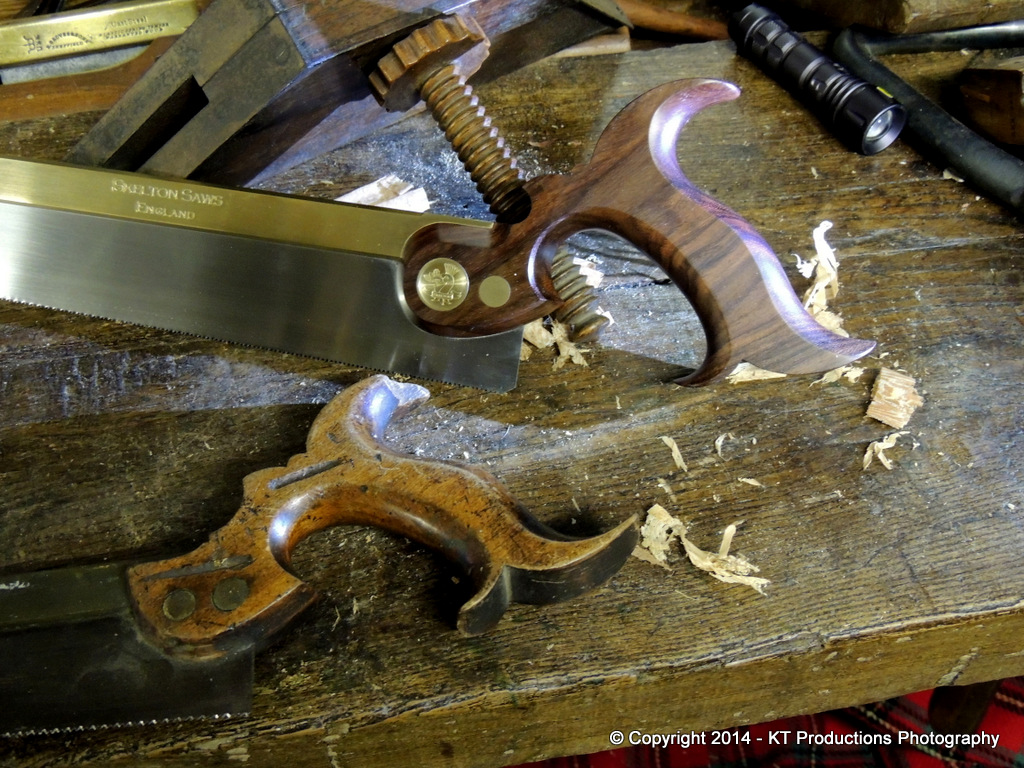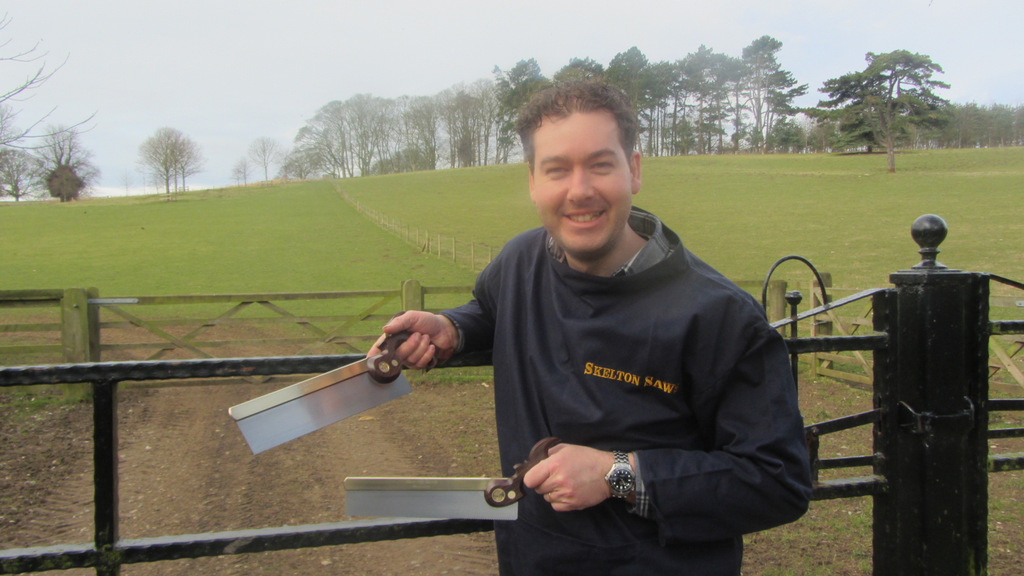keithkarl2007
Established Member
Berncarpenter":1ermbwwr said:Over the last 10 months I've been trying to perfect my dovetailing ,first i tried David Barons kit and found i could cut perfect joints almost straight away . If you just want to get the job done this is a very good way. But i then wanted to see if i could do it without the aid of the jig. So i tried lots of old saws and with plenty of practice i managed to get some good results. I tried the verities saws and for me they felt a little awkward and uncomfortable. After using the new lie neilson at the Yandles show i found this was perfect for me . So i guess you need to try out as many saws as you can before you find the one that suits you best.heres some of the practice pieces dovetail marking gauges.
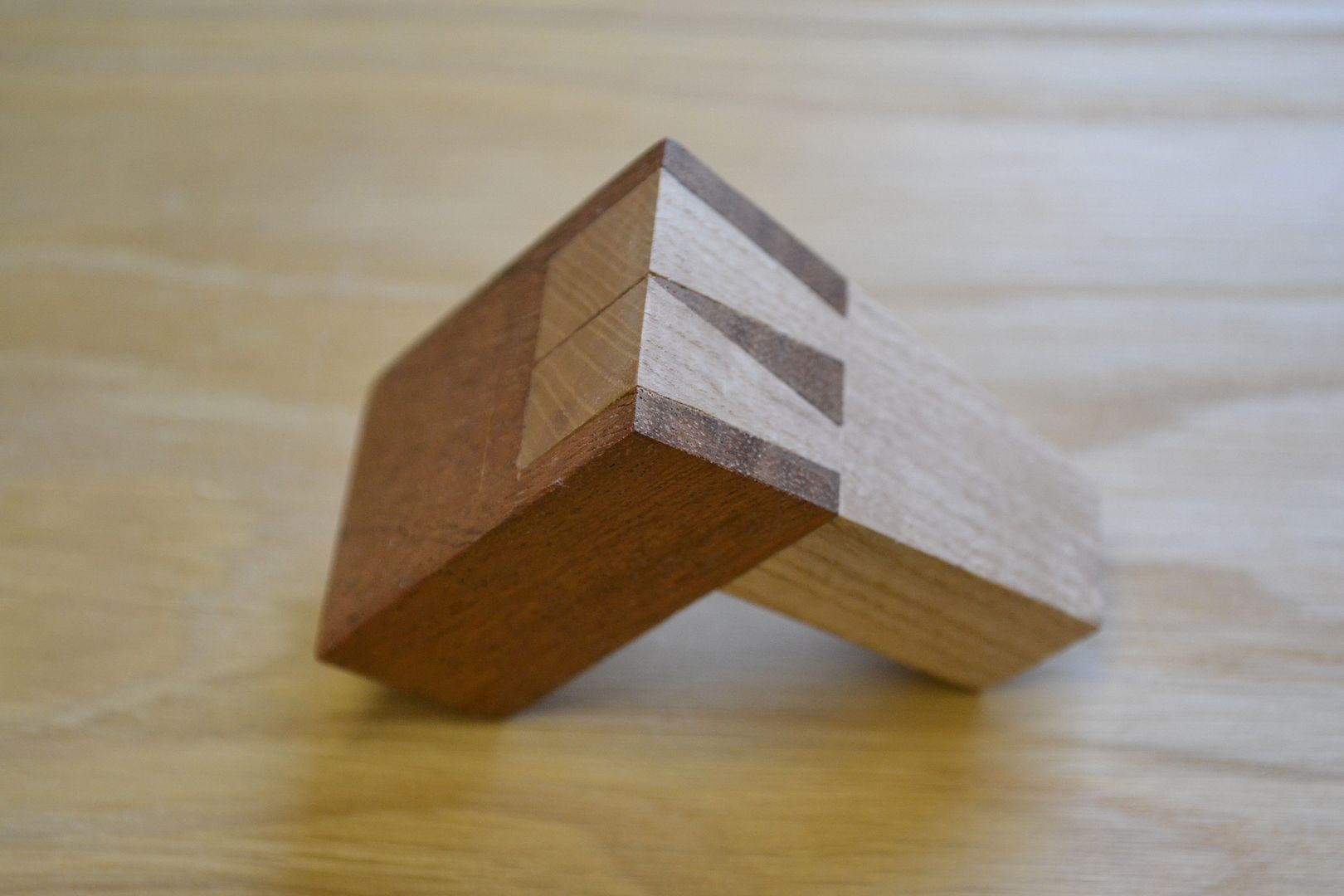
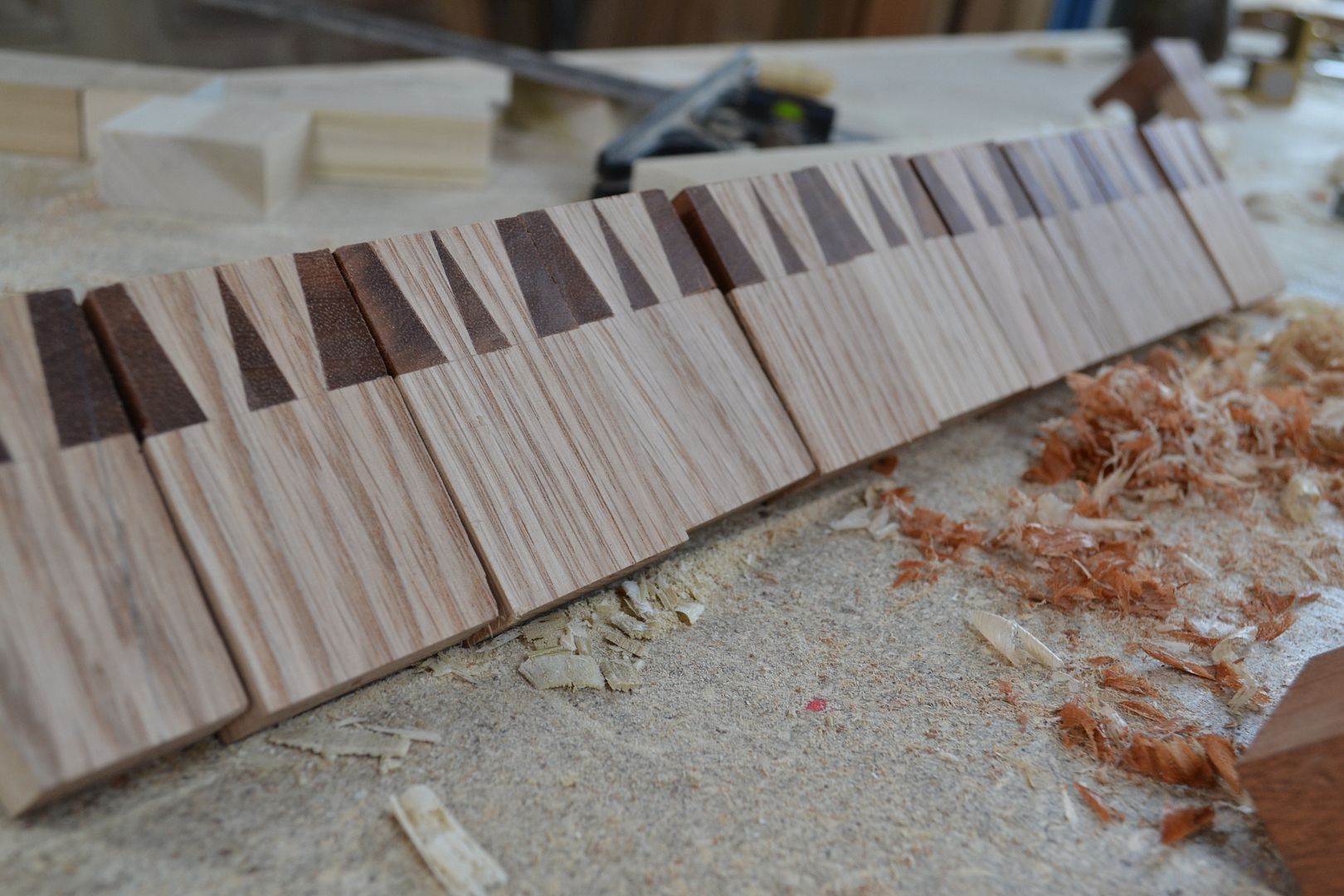
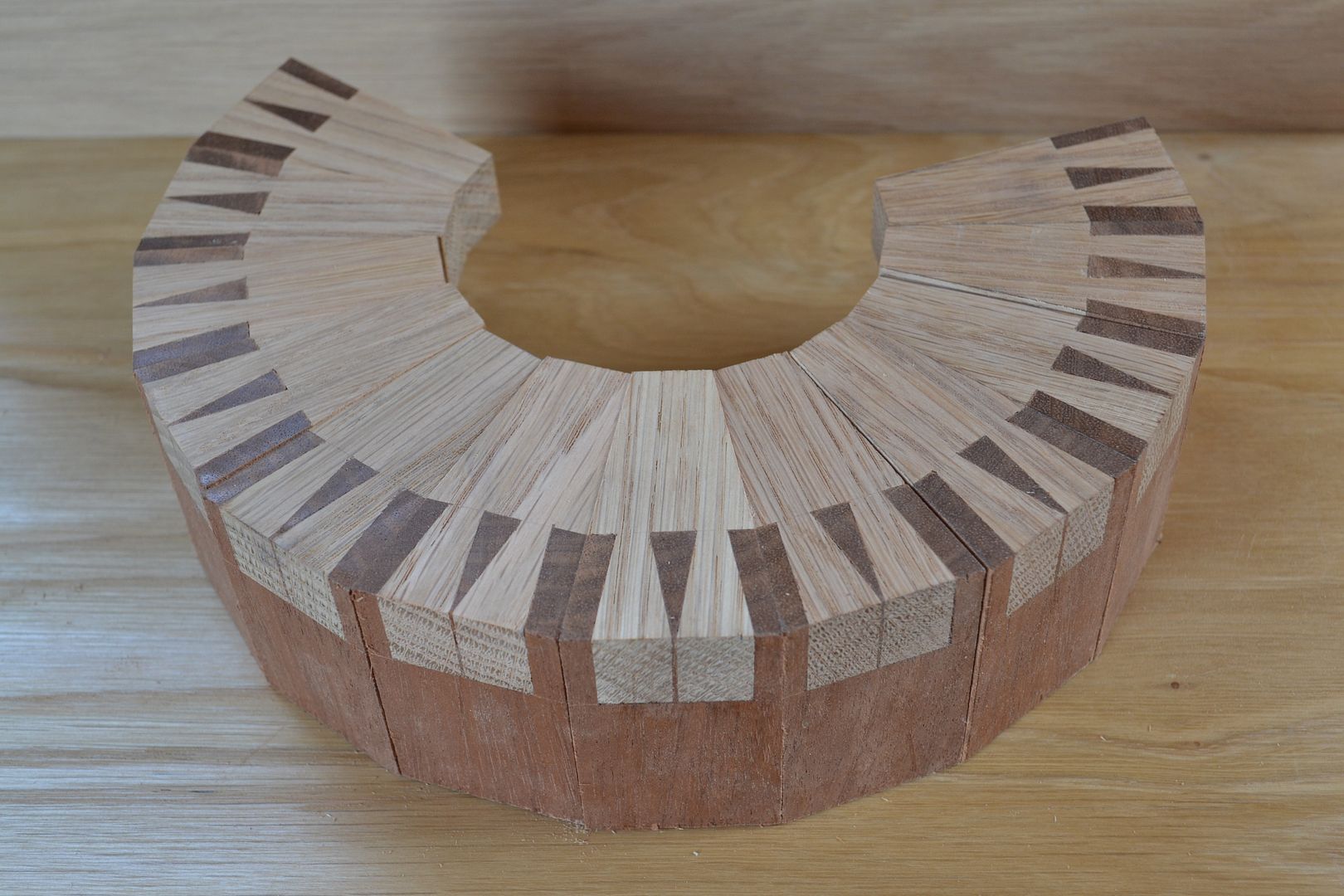
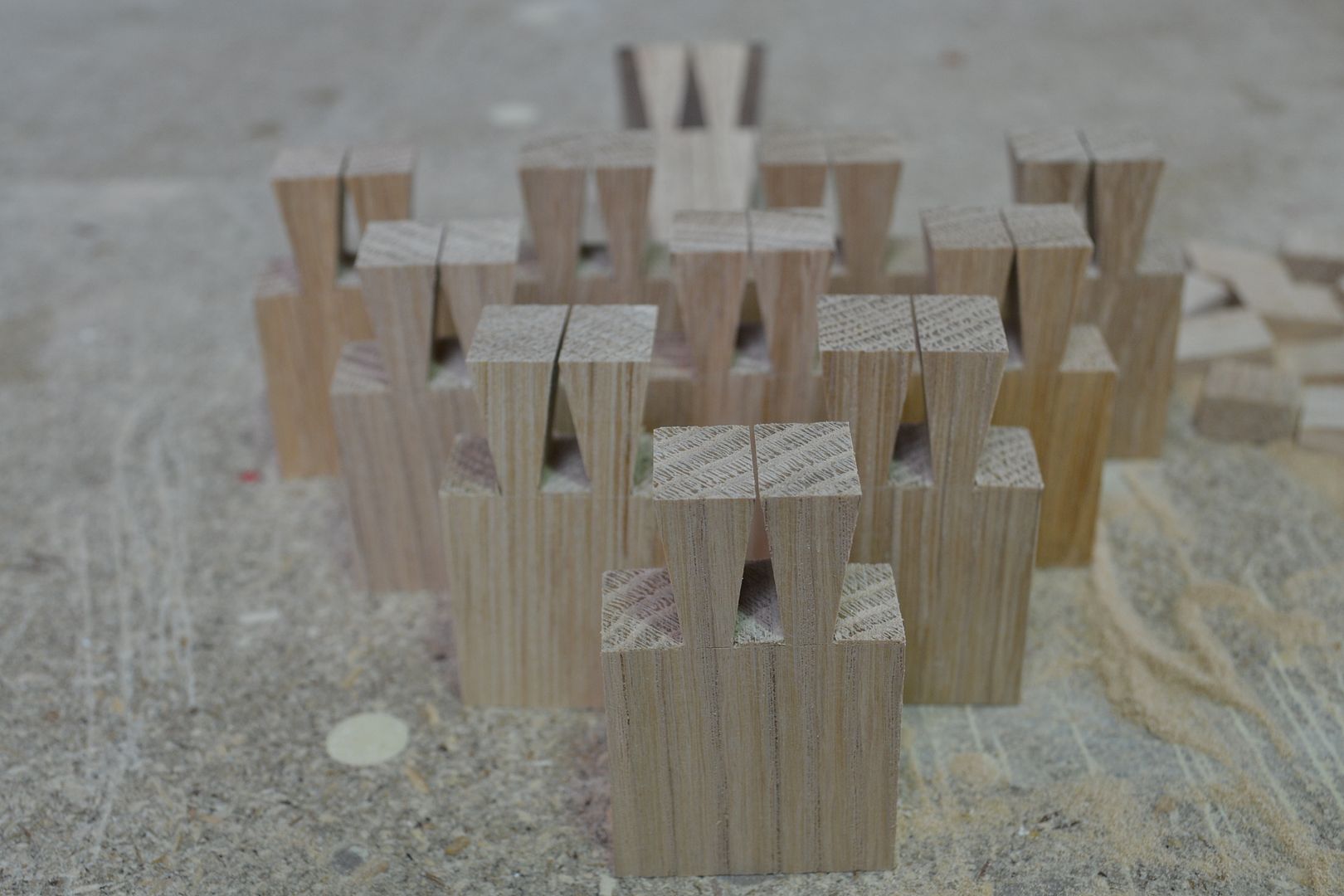
Hope this Helps
Cheers Bern
Ooh I like them. There's just something about using tools made from wood that I love. I've seen metal winding sticks somewhere but I'd always prefer the wooden equivalent.





